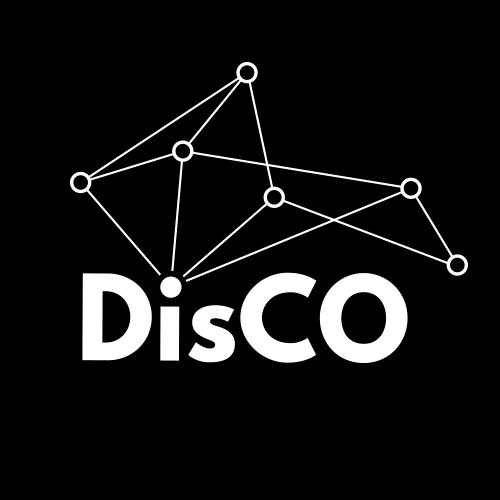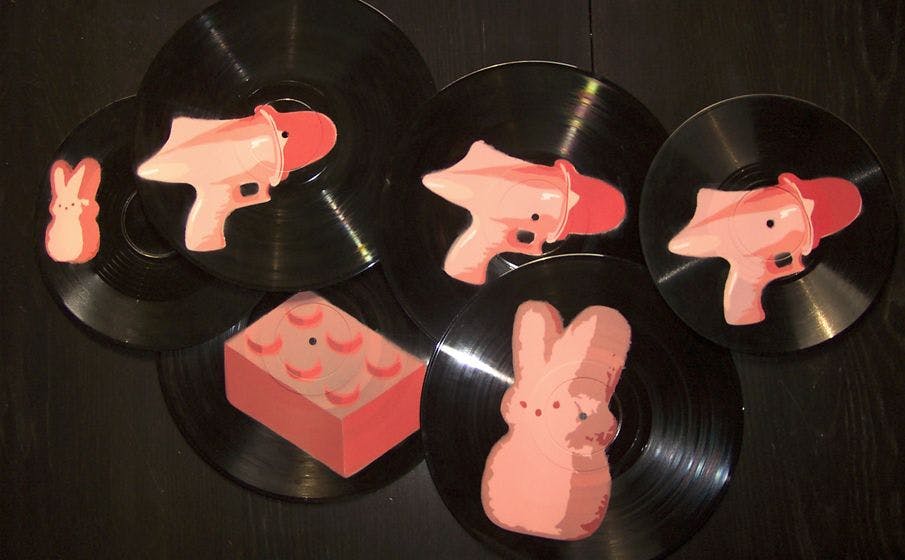444 reads
Distributed Tech, Commons, Coops and Feminist Economics: the DisCO Lowdown
by
February 9th, 2021

DisCO is a P2P/Commons, cooperative and Feminist Economic alternative to DAOs. Check out DisCO.coop
About Author
DisCO is a P2P/Commons, cooperative and Feminist Economic alternative to DAOs. Check out DisCO.coop
